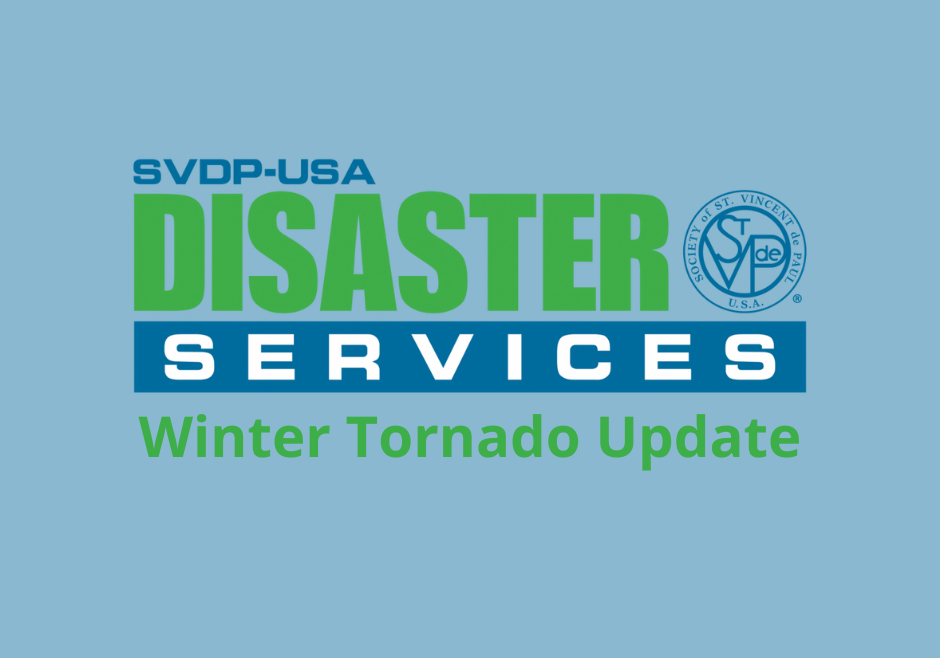Dear Vincentians,
This time of the year, when we give thanks for all our blessings, I always reflect over my seventeen years in disaster relief work for the Society and recall so many Vincentian heroes. The work we do at Disaster Services is difficult as we witness so much destruction and heartache, but we also get to see lives healed and systemic change in action. I would like to share with you some of my very special memories of Vincentian Servant Leaders and their gifts.
I have worked or overseen relief efforts for Hurricanes Katrina, Rita, Ike, Gustav, Alex, Mathew, Florence, Harvey, Irma, Maria, Michael, Ida, and now Ian, in addition to numerous tornados in IL, KY, MO, OK, TN, and TX, and floods in the Midwest, IL, KY, NE, and WV, Wildfires in the West, to include CA, NM, OR, and WA, and other disasters like the COVID-19 Pandemic and West Texas Fertilizer Explosion. No matter the disaster, we have always had Vincentian Servant Leaders that have come forward to deploy to help other Councils or were willing to go in and help a neighboring Catholic community where we had no Conference. From these experiences, we have also indirectly helped with the extension of the Society.
During Hurricane Katrina, Dick Reimbold and his wife Irene were two such leaders and they came to Dallas to help me run a 70,000 square foot warehouse for our Katrina House in a Box™ Program. The hours were long and there were so many stories of loss and death, but they stayed for weeks and through it all kept me going, as I was so stressed out from the thousands of families that needed assistance. To this day, Dick still volunteers and is now serving as our Mideast Disaster Chair. Then there is the amazing Vincentian, Jim Butler, who has deployed to numerous disasters over the years. During Hurricane Ike, Jim went with me and a local Catholic priest to visit an area called Oak Island, TX. Oak Island was a Vietnamese community, and the survivors were camped out on the ground near their destroyed properties. They were afraid to go to shelters as they thought people would loot the very little they had left on their land. Jim said, “well if we cannot get them to shelter, why don’t we take them shelter.” We worked with the Council of Beaumont to raise money for tents, and I called the Red Cross who donated blankets and bug spray. Jim and I, along with local Vincentians carried in all these items to the disaster zone on Oak Island, so that the immigrant families could stay on their land.
When West Virginia had a series of very heavy and fatal floods in 2016, Jim Butler, Diane Clark and Tom Link all deployed with me to help set up a SVDP Recovery Center in a former Kmart building. Many of our local Vincentians could not travel the distances between the flood impacted counties and this dynamic team of three came to assist. The state of WV and WV Voluntary Organizations Active in Disaster (WV VOAD) had very little supplies and Diane, Jim and Tom sat on old plastic paint containers and did intake and casework for hundreds of families. When I walked in the building and saw them sitting on those old plastic containers, it brought a tear to my eye, but they never complained.
One of our superstar Vincentians over the years was Gail Bertrand, who is now guiding us from above. Gail was always willing to go the extra mile to help disaster survivors. Gail had gone through many hurricanes and had her own property heavily damaged. She understood what it was like to come home to a mold invested dwelling with all your family pictures and family bible under water. Gail had a big heart and always found a way to help disaster survivors. One special memory of Gail , of which there are many, was when we deployed to help our Vincentians in the Carolinas, after Hurricane Florence. We had set up a Disaster Relief Center and an elderly woman came to the center. The woman had lost her documents in the Hurricane and was so embarrassed that she did not know how to retrieve any of her documents. She just cried and cried. Gail held her and told her not to worry. The woman was also very hungry, and Gail fixed a plate of food for her from the food we had bought for the volunteers. After Gail got her registered with FEMA, she worked to find her temporary housing in a nearby hotel and to find a local community agency that could provide eldercare. When the woman left, I told Gail how impressed I was with her empathy, and she said “Liz I get to see the face of Christ in what we do. It is not empathy or sympathy, but my faith that drives me.” Gail modeled Vincentian Charism. For her it was a way of life.
So, as I was driving into Dallas, to be with my family over the Thanksgiving Holidays, I realized that I have been so very blessed to be in a leadership role with Disaster Services Society of St Vincent de Paul USA. The hours are long, and I am often gone from home for up to six months. However, it is has been so very spiritually fulfilling to watch the growth of our Parish Recovery Assistance Centers, where we provide one on one disaster relief services, to our Disaster Case Management Programs, where we provide a road map to recovery for the most vulnerable survivors and create systemic change in their lives, to our nationally known House in a Box ™ Program where we have helped so many families in complex and life changing situations. I want to thank each of you for your support of our mission and we could not do what we do without our Vincentian family.
Gratefully,
Elizabeth Disco-Shearer
CEO, Disaster Services Corp SVDP-USA

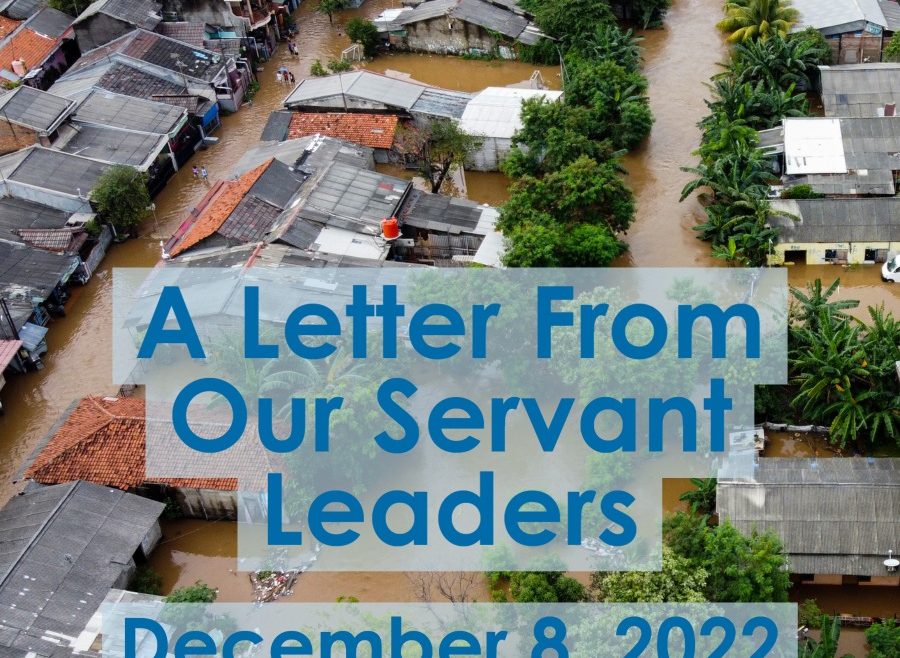
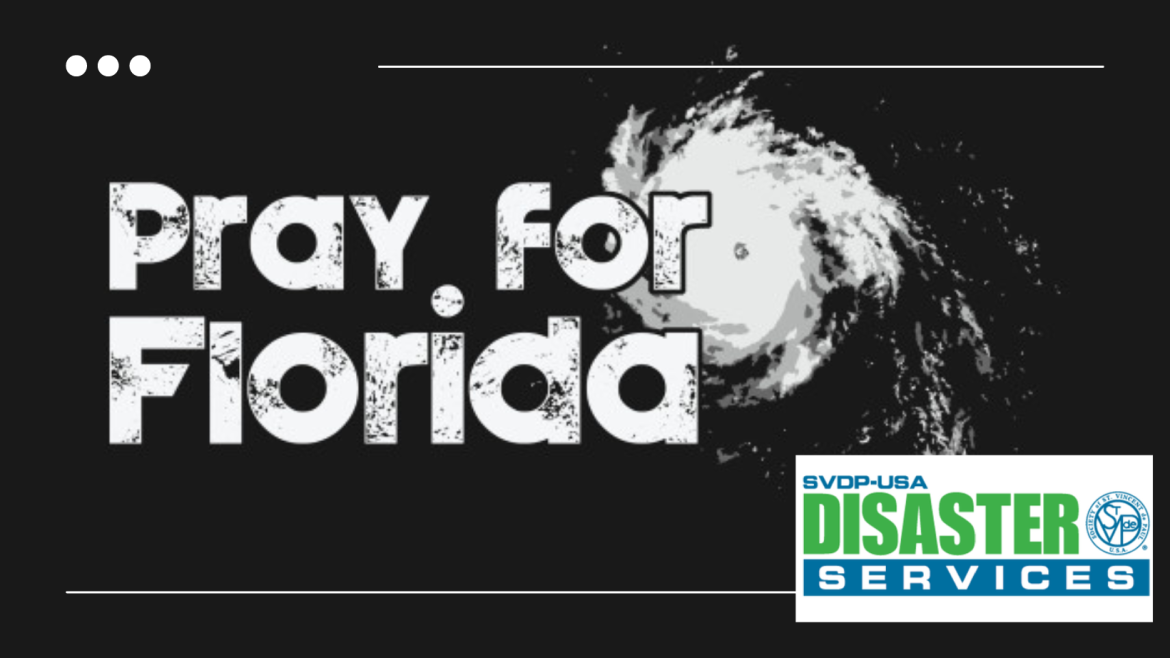
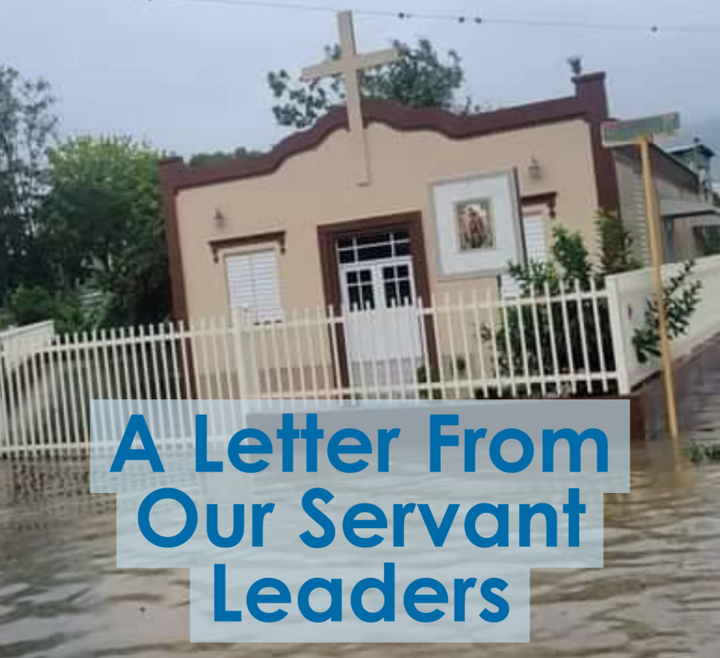
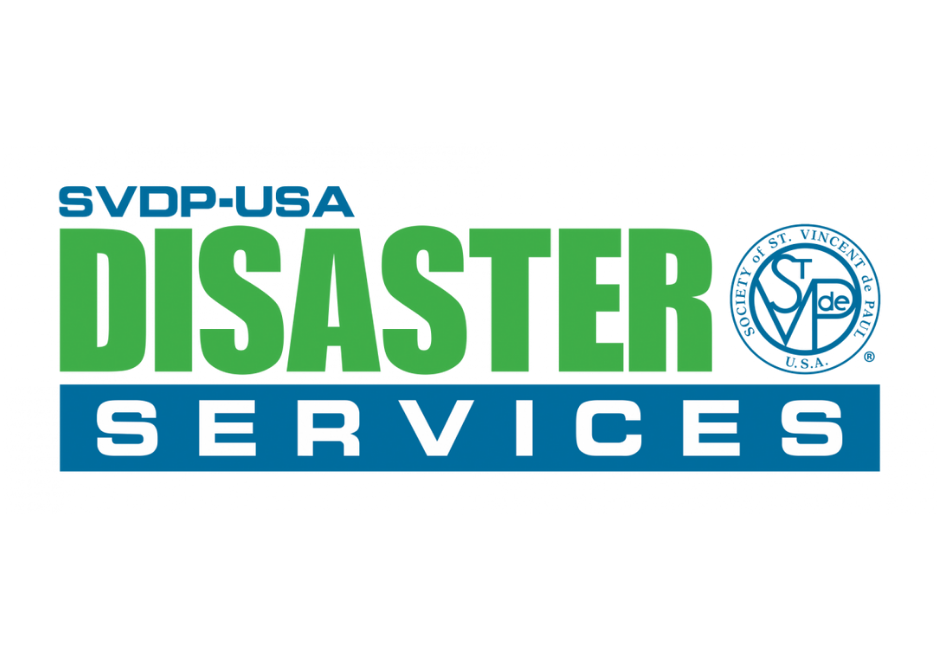
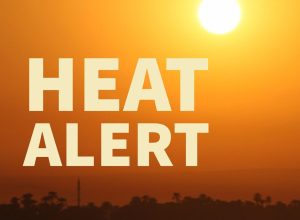
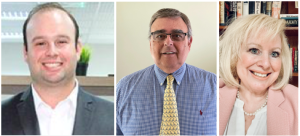
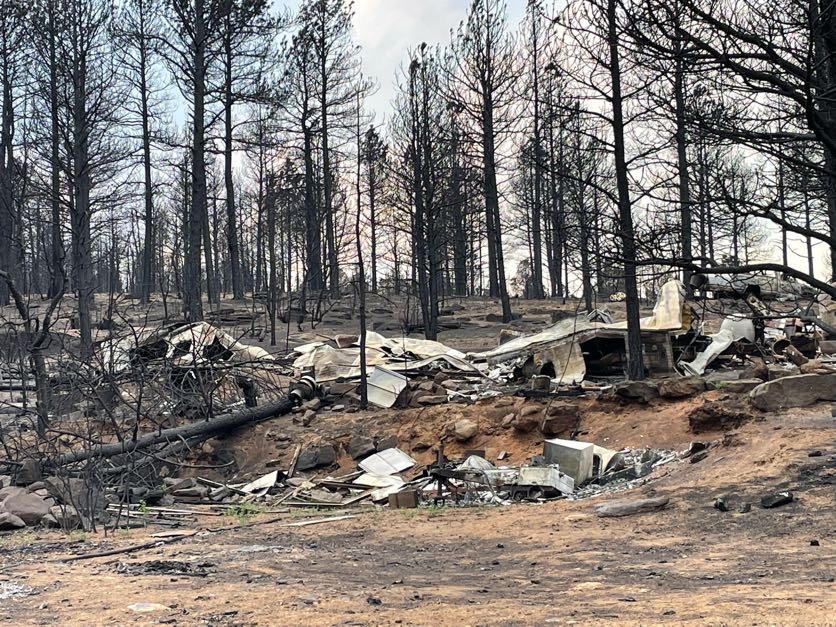
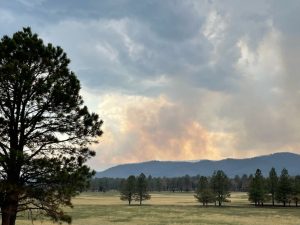
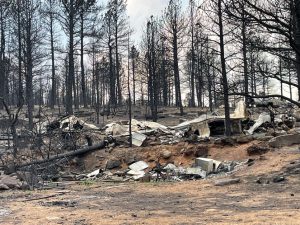
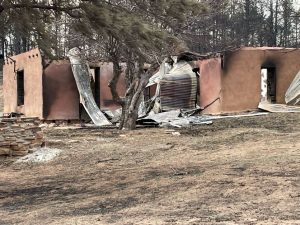
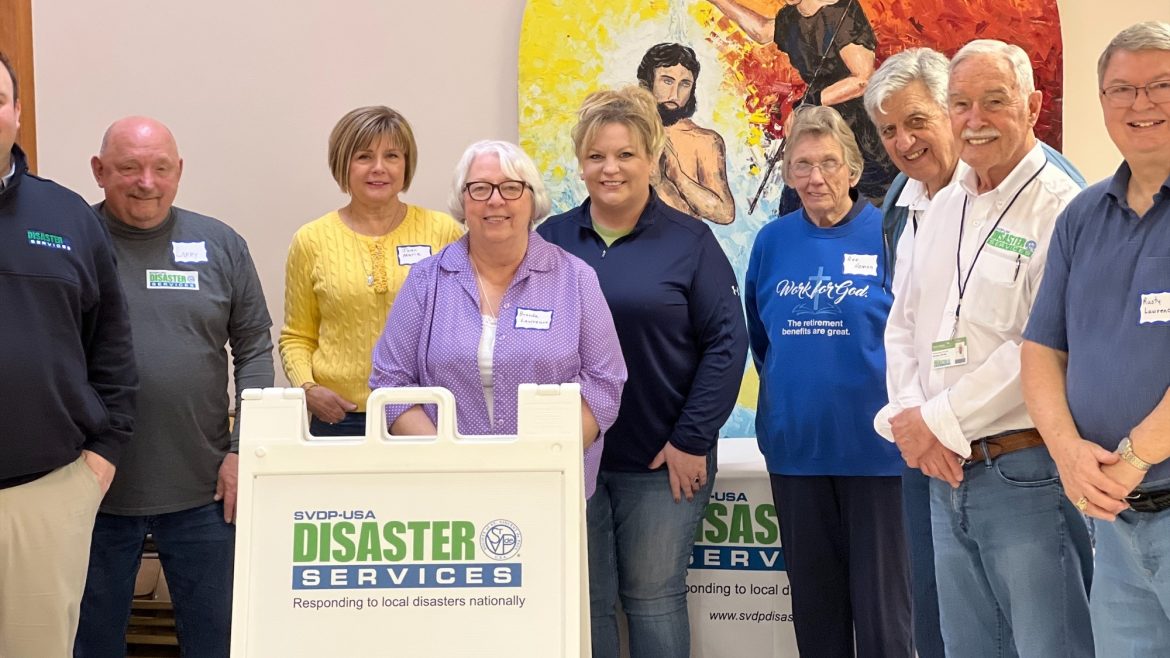
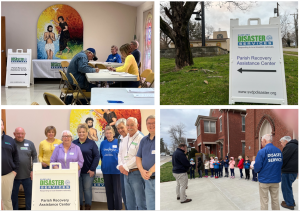
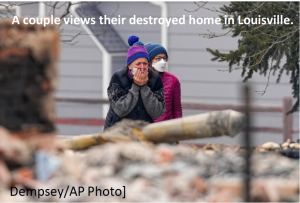 onferences.
onferences.